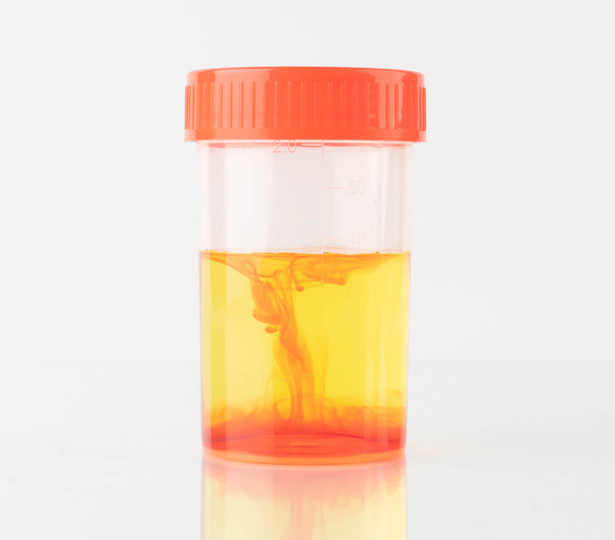Is blood in urine a sign of cancer?
 Q:
Q:
Are red blood cells in urine a sign of cancer? Is it a cause for concern and should further tests be done?
A:
When the blood is not visible to the naked eye it is known as microscopic haematuria; when visible it is known as macroscopic or visible haematuria. Haematuria is a common complaint and has many causes.
Blood in the urine can originate from anywhere within the urinary system — the kidneys, ureters (the tubes carrying urine from the kidneys to the bladder), bladder, urethra (the tube carrying the urine out from the bladder) or the prostate (for men).
One common cause of microscopic haematuria is glomerulonephritis (inflammation of the kidney). This can be diagnosed through a urine phase contrast study.
Blood from the kidney or ureter can be also be due to infections and urinary stone disease, where bleeding is often associated with flank pain and sometimes fever. Kidney infection is often associated with fever and loin pain. Another cause is kidney or ureteric cancer, where bleeding is painless.
Blood from the bladder is commonly due to urinary tract infections (UTI). Patients with UTI often experience painful urination, along with urinary symptoms such as frequency, urgency and incontinence. Such symptoms are also seen in patients with bladder stone disease. Another cause is bladder cancer, which is more common in males, smokers and those aged 50 and above. These patients, however, often experience painless bleeding.
Bleeding from the prostate can either be due to UTI, benign enlargement of the prostate or prostate cancer. Besides blood in the urine, the patient often has other urinary symptoms such as difficulty urinating, urinary frequency and slow urinary flow.
Typically, patients with blood in the urine, especially if it is visible, require specialist evaluation. They undergo CT (computed tomography) or ultrasound scans, as well as other investigations such as urinary and blood tests. The bladder, prostate and urethra can also be examined with a small camera (cystoscope) to ensure small stones and tumours are not missed. Patients should consult a urologist if they suspect they may have macroscopic haematuria, especially if the blood is clotted or no pain is felt.
Dr Yong Jin, Associate Consultant,
Department of Urology, Singapore General Hospital
